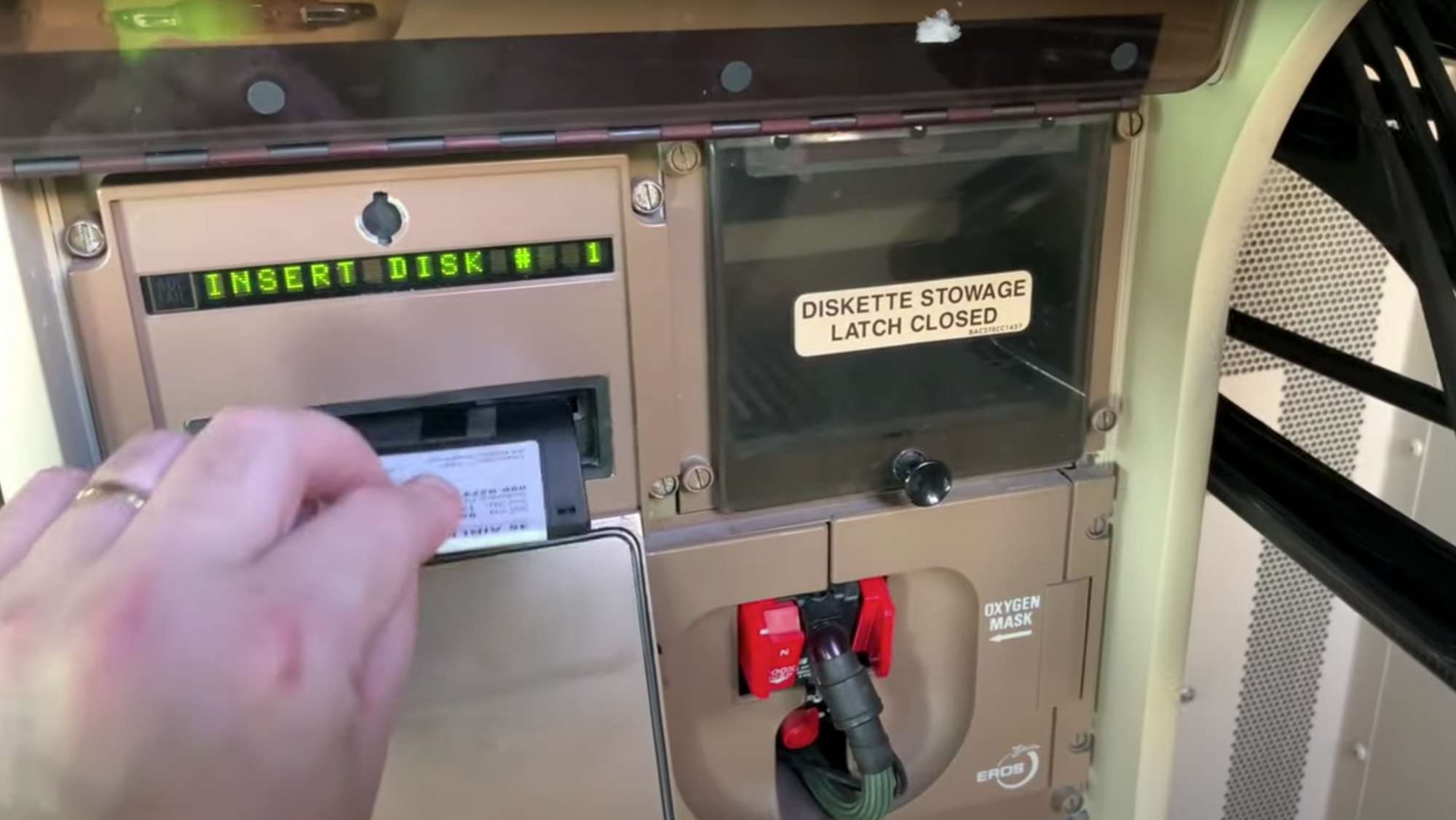erek
[H]F Junkie
- Joined
- Dec 19, 2005
- Messages
- 10,894
"But getting back to planes, modern isn’t always better. The Boeing 737 Max, for instance, featured advanced software systems, but glitches resulted in two horrific crashes that killed 346 passengers, leading Boeing to halt production on the line at the end of last year. Yet another software issue with the 737 Max was found in February, and after more than a year of the planes being grounded, Boeing just restarted production in May. Conversely, while the Boeing 747-400 is no longer in production, only two have ever been involved in passenger deaths over 8.42 million flights, per Airsafe.com."

https://gizmodo.com/boeing-747s-sti...et-critical-soft-1844683811?rev=1597159907246

https://gizmodo.com/boeing-747s-sti...et-critical-soft-1844683811?rev=1597159907246
![[H]ard|Forum](/styles/hardforum/xenforo/logo_dark.png)